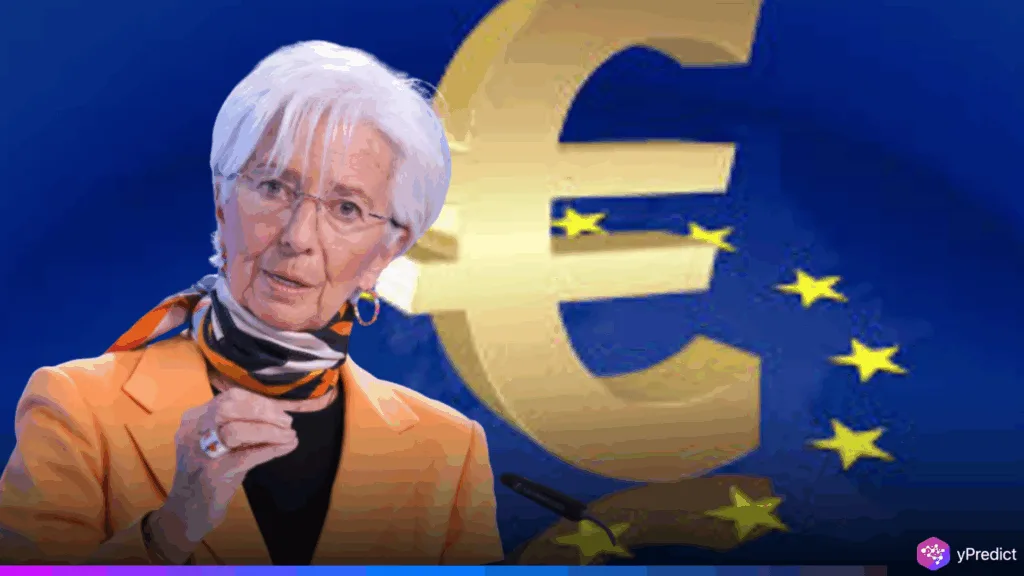
Amidst geopolitical uncertainty, including fears an Israeli strike may be imminent on Iran’s nuclear facilities, the euro has improved against the US dollar. ECB President Christine Lagarde’s positive comments about the euro’s appreciative move show confidence in Europe and Europe’s mood is shifting positively as talk of stability with respect to economics and politics gains ground.
Strong Euro Seen as a Sign of Stability by ECB
Central banks, as a general rule, avoid discussing exchange rates because currency values are not a target of monetary policy. However, Lagarde’s remarks on the euro’s strength were a unique instance of official appreciation for a strong currency, which seems to suggest the ECB views a stronger euro as an economic boon. This is a significant development from prior ECB preference when central banks viewed weaker currencies as preferable to enhance exports during difficult economic periods.
Euro Poised for Further Gains
As Commerzbank’s FX analyst Thu Lan Nguyen stated, Lagarde’s comments could encourage traders to test even higher euro rates. Higher euro rates will be an additional headwind for the ECB’s stimulus policies but the open support shows that it was possibly strategic diplomatic positioning, likely in the interest of maintaining favorable relations with the US and European economies.
Potential Risks of a Rising Euro
While the strong euro is a benefit to the main objectives, it may also add complexity to the ECB’s inflation goals. The increasing demand for a haven currency and the disinflationary pressures around the world (not least from the tariffs in the US) could result in less flexible policy choices. With this mechanism, we could see market volatility and the ECB will need to navigate a balance between these measures of growth and inflation targets.
Conclusion
Christine Lagarde’s optimistic stance signals the euro’s rising prominence as a safe, stable currency in 2025. Investors should anticipate continued euro strength, balanced by the ECB’s efforts to manage economic challenges.







